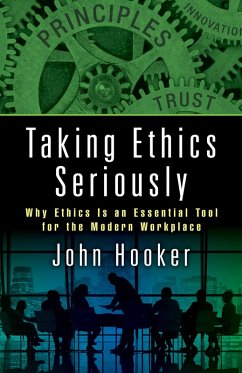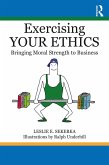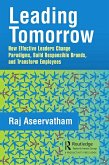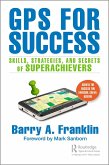Epistemologically, the book views ethics as parallel to mathematics, in that it relies on generally accepted proof techniques to establish results. Whereas mathematics rests on such proof paradigms as mathematical induction and proof by contradiction, ethics can be seen as relying on proof by applying consistency tests, such as generalizability and respect for autonomy. Utilitarianism also plays a key role, but it is reconceived as a deontological criterion. This approach obviously requires that these criteria be formulated more rigorously than is normally the case. To accomplish this, the book begins with the classical idea that an action is distinguishable from mere behavior by virtue of its having a coherent rationale, where coherence requires passing certain consistency tests such as generalizability. An action is therefore inseparable from its rationale, and generalizability is defined in terms of consistency with the rationale. A utilitarian criterion receives a similar treatment with respect to a means-end rationale. Respect for autonomy is grounded in a carefully developed action theory that takes into account such concepts as joint autonomy, implied consent, and the permissibility of interference with unethical behavior. It provides an account of responsibility that is both practical and theoretically satisfying, and it yields a novel solution of the much-discussed trolley car dilemmas.
The book is written for a general audience and strives to be as readable and engaging as possible, while maintaining rigor. It begins by dispelling a raft of misconceptions that trivialize ethics and block its development as an essential tool of modern life, such as the notion that ethics is just a matter of opinion without rational foundation. After presenting the ethical principles just described, along with many examples, it provides several chapters that analyze real-life dilemmas, many obtained from the author's students and professional workshop participants. One cannot understand physics or chemistry without seeing how their principles are applied to real problems, and the same is true of ethics. These chapters demonstrate that a unified normative theory can deal with a wide range of real cases while achieving a reasonable level of objectivity and rigor.
Dieser Download kann aus rechtlichen Gründen nur mit Rechnungsadresse in A, B, BG, CY, CZ, D, DK, EW, E, FIN, F, GR, HR, H, IRL, I, LT, L, LR, M, NL, PL, P, R, S, SLO, SK ausgeliefert werden.









